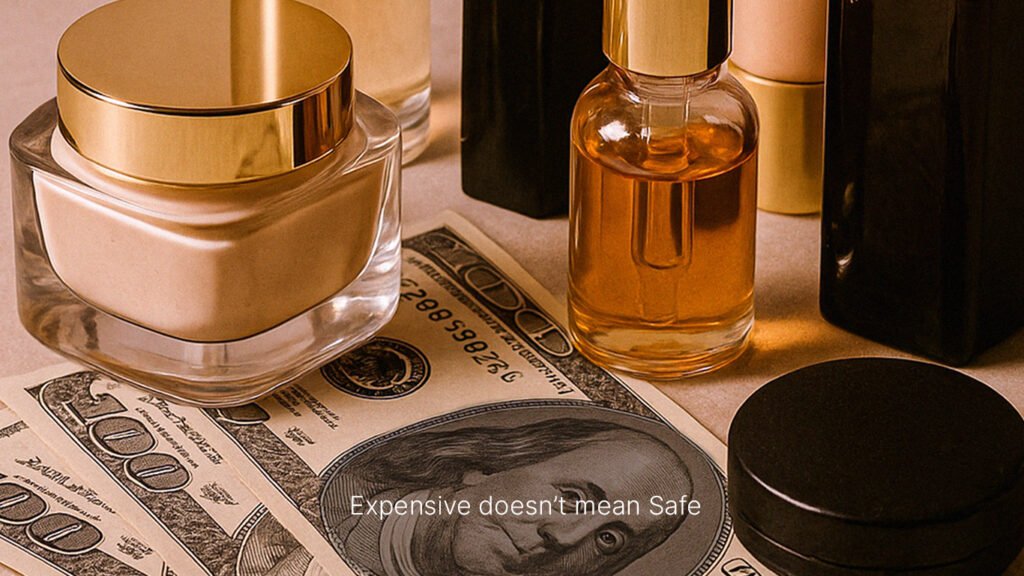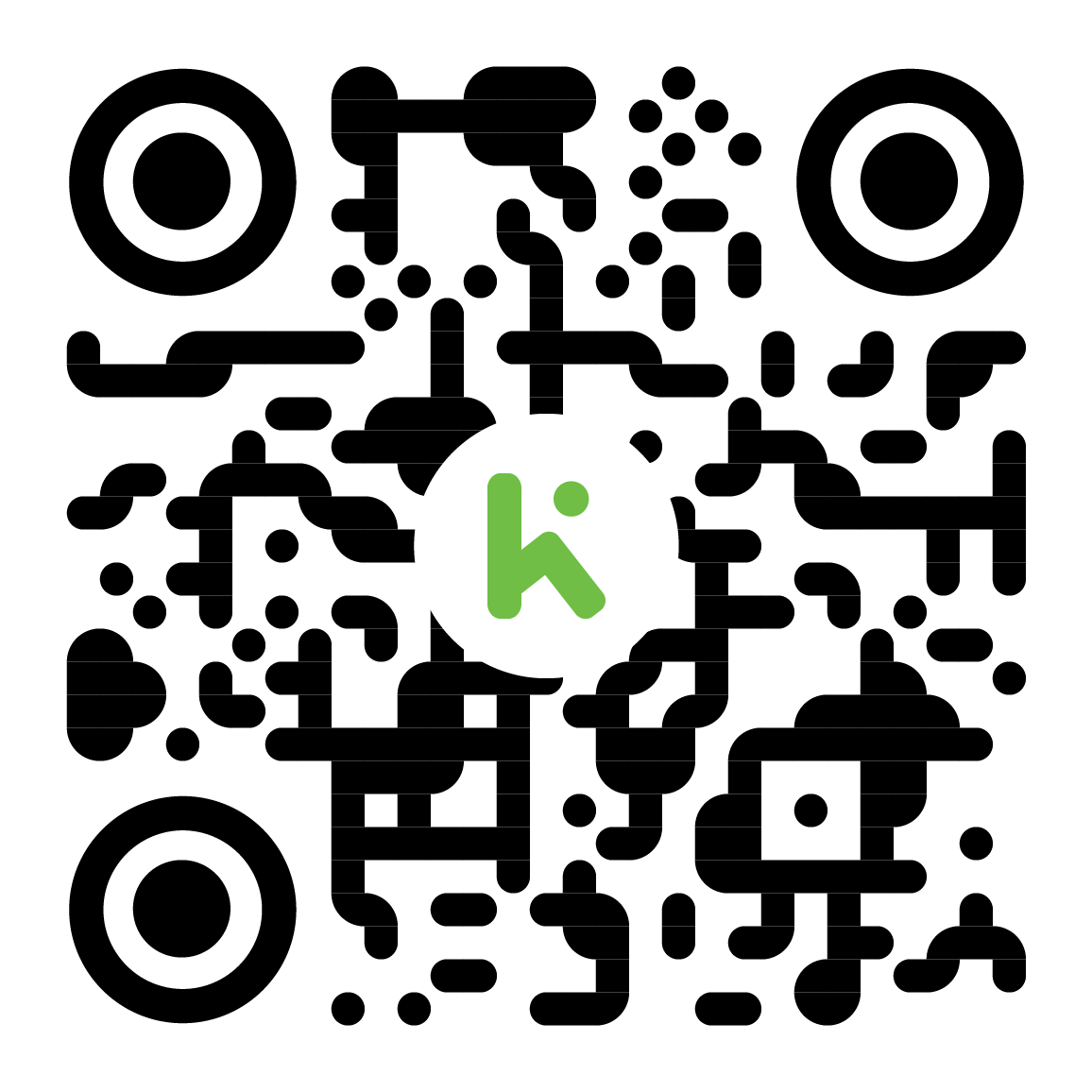They promise youth in a jar. Confidence in a bottle. Power with every swipe of lipstick. Their ads glow with empowerment. Their products sit on bathroom shelves like little luxuries. But behind the polished campaigns and scientific jargon, one uncomfortable truth lingers, a higher price tag doesn’t guarantee a safer product.
This month, as the beauty world quietly marks the passing of Leonard A. Lauder, chairman emeritus of The Estée Lauder Companies, we’re choosing to look forward. Not with nostalgia, but with clarity. Because if there’s one thing the billion-dollar beauty industry has mastered, it’s the art of packaging problems as promises.
A Legacy of Power, Not Purity
Leonard A. Lauder helped transform his family’s business into a global empire. Today, The Estée Lauder Companies own over 30 of the world’s most influential brands: from Estée Lauder and Clinique, MAC Cosmetics, La Mer, Bobbi Brown, Aveda, Jo Malone London, Origins, Tom Ford Beauty, Smashbox, Le Labo, GLAMGLOW, Darphin Paris, Too Faced, Dr.Jart+, Kilian Paris, Lab Series, AERIN Beauty, Bumble and bumble, Rodin Olio Lusso, Editions de Parfums Frédéric Malle, The Ordinary, NIOD, BALMAIN Beauty. Each brand commands loyalty and trust but behind their sleek packaging and high price tags, many still rely on outdated formulas containing controversial or potentially harmful ingredients.
The same is true for L’Oréal, the world’s biggest beauty group, with brands like L’Oréal Paris, Maybelline, Garnier, CeraVe, Lancôme, Giorgio Armani Beauty, and Kiehl’s. And for Shiseido, which owns NARS, Clé de Peau Beauté, and Drunk Elephant. Or for LVMH, whose portfolio includes Dior Beauty, Fenty Beauty, Guerlain, and Benefit Cosmetics. These companies shape the global beauty narrative, but their ingredient policies remain selective, their transparency limited, and their reformulations slow.
Many of these brands use synthetic preservatives, endocrine disruptors, undisclosed fragrances, and chemical filters, despite growing scientific evidence and consumer concern. Even products labeled “dermatologist-tested” or “sensitive skin approved” may still contain irritants or questionable chemicals. And even “clean” brands often include only a few genuinely clean formulations within a broader product range.

The Clean Beauty Movement Is Here but Fragmented
In response, a clean beauty movement has emerged. Consumers are reading labels, asking better questions, and demanding more. But with no universal definition of “clean” and no regulatory guardrails, the term has become a marketing tool, not a safety guarantee.
That’s where we come in.
Why We Created Kungulapproved
At Kungul, we started by helping you scan product ingredients, understand their health implications, and make safer choices. But many of you asked us: “Where can I find products that are actually clean?”
So we created Kungulapproved, a curated platform where only thoroughly reviewed and verified clean products are allowed. We don’t partner with brands based on fame or aesthetics. We partner based on ingredients, transparency, performance, and ethics.
We don’t list every product from a brand, only the formulas that meet our standards. This is important. Because not all products from a “natural” or “clean” brand are actually safe. Many brands still mix clean offerings with traditional formulations that include PEGs, synthetic fragrance, or petroleum-derived ingredients. KungulApproved is your filter. Every product on KungulApproved is reviewed by our scientific team using EU regulations, scientific databases like ECHA and NCBI, and our internal health criteria. We check for endocrine disruptors, allergens, carcinogens, and persistent environmental toxins. And we always disclose what we find.
Why This Matters Now More Than Ever
In an age where beauty is a trillion-dollar business, ingredient safety is not just a personal issue, it’s a public one. It affects hormonal health, fertility, allergies, and even long-term disease risk. And it disproportionately impacts women, children, and communities of color, who are often the targets of aggressive marketing.
It’s not enough to follow trends. It’s time to demand science, honesty, and reform.
Where You Come In
With Kungul, you can scan and verify what’s already in your cabinet. With Kungulapproved, you can confidently discover new products that won’t compromise your health. Together, these tools are part of a larger mission: to make health-first beauty the standard, not the exception. Because clean shouldn’t be complicated. And safety shouldn’t be a luxury.
Let’s change the beauty industry, product by product, label by label, truth by truth.
Download the Kungul app. Explore KungulApproved.com. Choose beauty that protects you back.

